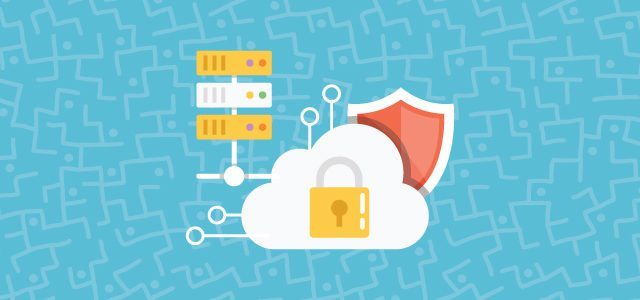Whenever we surf the web we care about the different leaks that put our digital security at risk as well as the privacy of our data and personal information, so we must be aware of navigating in a responsible way within the network.
We may put our personal data and information at risk by browsing certain pages, downloading applications, using platforms or simply by connecting to a network that we should not.
Today our data on the network has great value, many marketing companies have a great interest in having all the possible information about users, and this data can be sold to form advertising campaigns on the internet and to send you a series of advertising emails that you have not requested.
But if our data ends up in bad hands, they can also be used for bad purposes by hackers to carry out attacks on our behalf and reach more users, for example all our contacts in social networks.
Anyway, today our data on the network has great value, so we need to implement certain actions to prevent them from leaking. The goal is to protect our information and prevent it from reaching who should not.
How to protect our data and information on the Internet
Properly encrypt your accounts and devices
We must always correctly encrypt our accounts and records. In this way we will create a first barrier to prevent the entry of intruders that can be done with our data or information.
Having a good password is vital for this, and if you can opt for 2-step authentication, we will prevent someone from getting our password decrypted, the second step would block access to our account.
Beware of the networks you access.
Of course you have to be careful with the wireless networks that we access especially if they are open or free, not all of them are secure.
We must avoid entering sensitive sites, share personal information or enter passwords because we do not know if that data we are putting will be filtered.
Avoid security breaches
You also have to be careful with the security of your computer, always have security software that allows you to be warned against the threat of threats that could put our systems at risk and also our own privacy. A good antivirus can detect malware.
In addition to this we must also have updated equipment. Sometimes vulnerabilities arise that can be used by hackers to commit crimes. We need to have the latest security patches and updates installed.
Data hosting
We must be very careful when hosting our data, both physically and in the cloud.
We can use many platforms that allow us to host our files, data and information on the network. It is very useful because we can have it available from any place and any device.
The problem is that sometimes we can run into services that do not take good care of our data because they are not encrypted correctly, have security breaches or that are simply publicly accessible to anyone
Common sense, something very important
Finally, and perhaps most important of all: common sense. Many types of threats and identity theft come after mistakes we make. Ultimately common sense can free us from many security problems that affect our data and information.
For example, a very common type of attack that can steal our credentials and data is Phishing. We must avoid accessing links that come to us by email or social networks and where we are asked for data.

